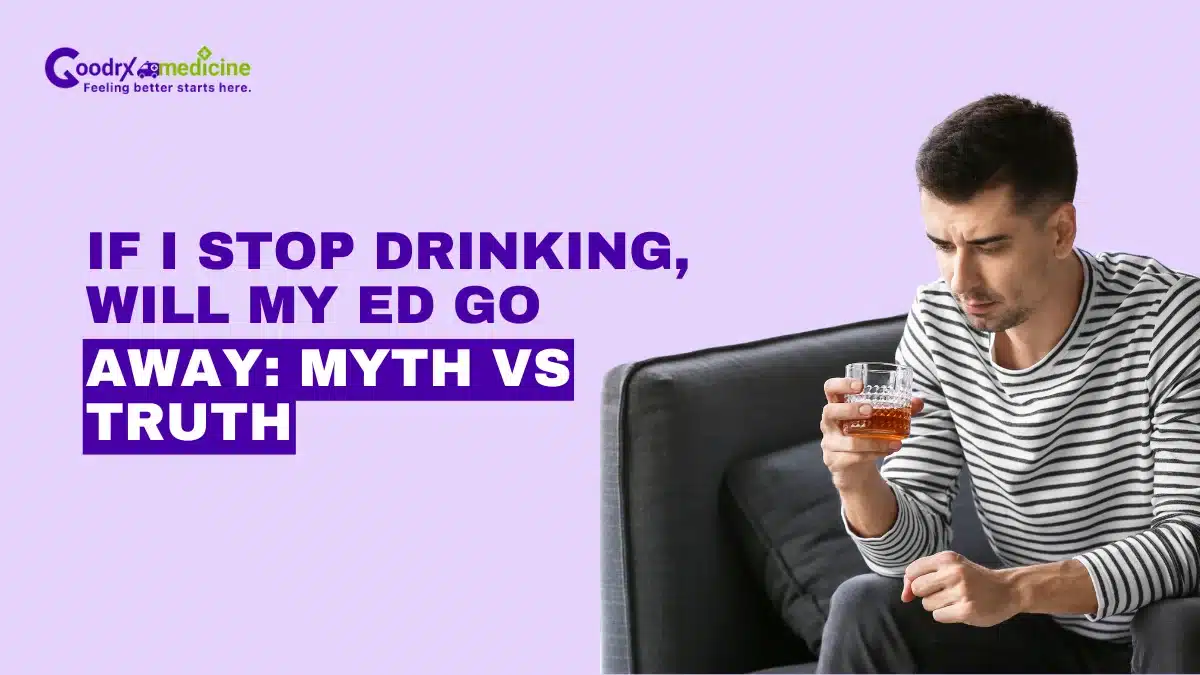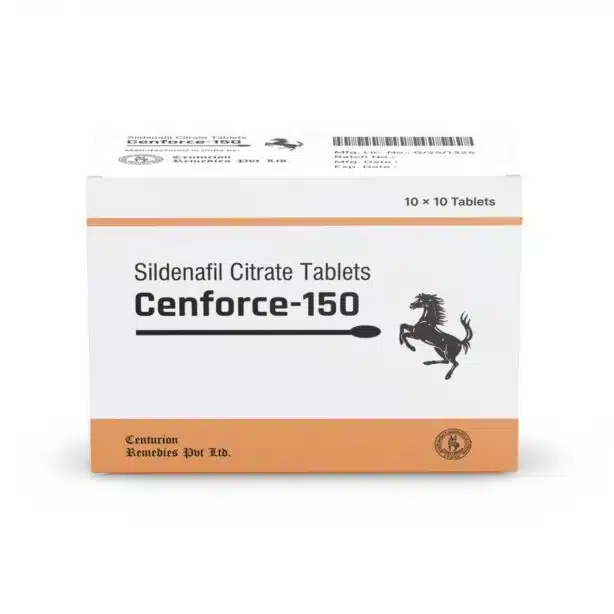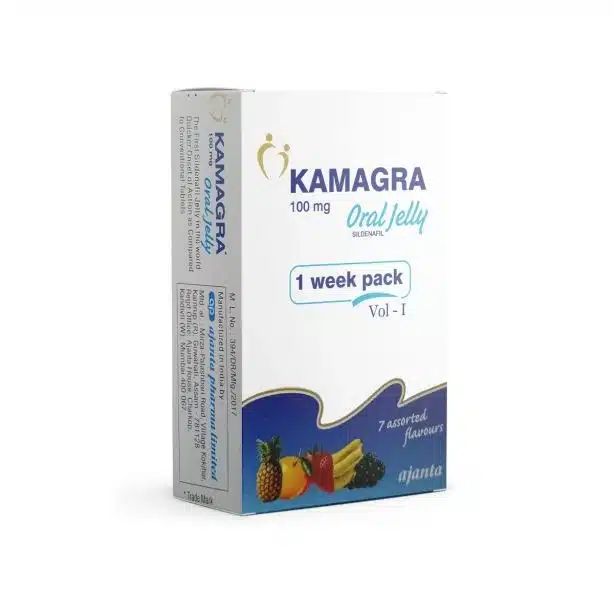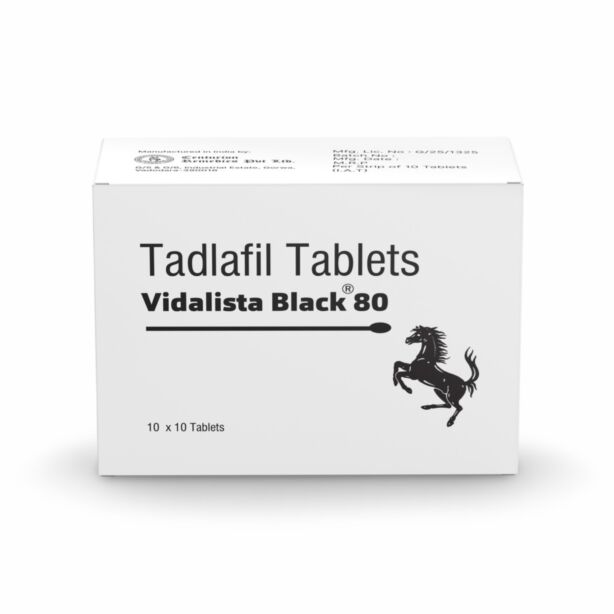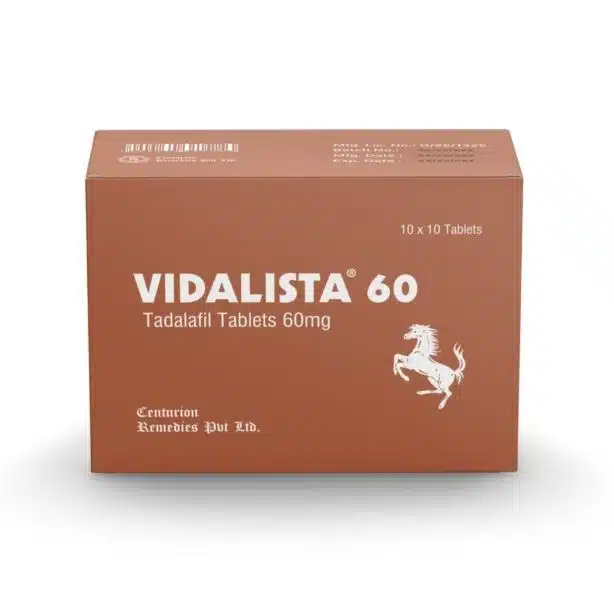You may enjoy a drink or two occasionally to relax, reduce stress, and even enhance your sexual pleasure. But have you ever wondered if consuming excessive alcohol right before the act could hinder your erection and lead to Erectile Dysfunction (ED)?
If so, your very next thought might be, “If I stop drinking, will my ED go away?” Well, possibly, it might go away. However, it also depends on how long you are drinking or if an underlying health disease is causing erection problems.
This article explores the connection between alcohol and Erectile Dysfunction. Also, we must discuss the potential benefits of giving up alcohol for your sexual health.
Does alcohol cause Erectile Dysfunction?
The straightforward answer to this question is yes. Excessive alcohol consumption can cause alcohol-induced Erectile Dysfunction in men. Even though some believe that moderate alcohol intake reduces Sexual Performance Anxiety and enhances sexual desire, the results are not the same for everyone. Its long-term effects on sexual health are not satisfactory for many men.
Furthermore, excessive and prolonged alcohol intake may hinder your ability to get erect. Thus, it can have exactly opposite results in your sexual life. Moreover, alcohol can also affect your sexual desire, performance, and satisfaction.
It is essential to consult your doctor and seek prescribed ED pills, such as generic Viagra, 100 mg of Sildenafil Citrate, Vidalista 20, and Oral Jelly 100 mg.
How are alcoholism and ED connected?
Excessive alcohol consumption is closely associated with Sexual Dysfunction. Various studies suggest that drinking too much alcohol can lead to ED. Alcohol is a depressant that affects the nervous system.
Blood vessels and hormone levels are essential for a healthy sexual response. Long-term alcohol abuse can damage nerves and blood vessels, making it difficult to get an erection.
Additionally, alcohol can decrease sensitivity and make it more challenging to reach orgasm, leading to Delayed Ejaculation. Moreover, drinking alcohol can lower testosterone levels, which can further lead to low libido in men.
If you stop drinking, will your ED go away?
If you’re struggling with alcoholism and ED, quitting alcohol could improve your sexual health. Furthermore, quitting drinking may help increase testosterone, improve blood flow to the penis, and increase sensitivity.
Additionally, quitting alcohol can improve health, which can also have a positive impact on sexual function. It’s essential to seek professional help for alcohol addiction and ED. Treatment options may include medication, therapy, or lifestyle changes. Speak with your doctor to determine your situation’s best course of action.
How long after quitting drinking does ED go away?
The time it takes for ED to go away after quitting drinking can vary depending on the individual and the severity of alcoholism. The physical effects of alcohol on the body can damage nerves and blood vessels. This works by reducing blood flow to the penis and impairing sexual function.
Additionally, alcohol and testosterone are closely associated. Drinking can lead to hormonal imbalances and low testosterone levels, contributing to ED. Quitting drinking can help reverse some of these effects and improve sexual function. However, the time it takes for ED to go away after quitting drinking can vary depending on the individual’s age. Additionally, health and the severity of their alcohol abuse.
In some cases, improvements in sexual function may be seen within a few days after quitting drinking. Yet, in other cases, it may take longer for the body to recover and for sexual function to improve.
Besides alcohol consumption, a poor diet can also contribute. Learn which foods may be affecting your sexual health. Read: Worst Foods for Erectile Dysfunction
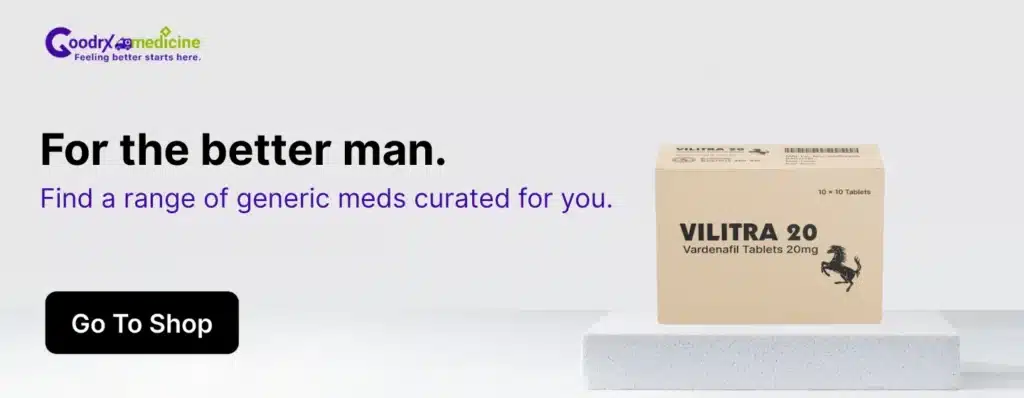
Do medicines for Erectile Dysfunction and alcohol interact?
Yes, Erectile Dysfunction pills can interact with alcohol and cause harmful effects.
ED medications, such as Sildenafil (Viagra) and Tadalafil (Cialis), work by increasing blood flow to the penis.
Alcohol can depress the central nervous system. It works by lowering blood pressure and reducing blood flow to the penis, making it difficult to get and keep an erection. When taken together, alcohol can enhance the side effects of ED medications, such as dizziness, headaches, and flushing.
In severe cases, combining alcohol with Viagra or other ED medications can lead to a drop in blood pressure and other serious health risks. Furthermore, excessive alcohol consumption over time can contribute to ED. So, if you are experiencing ED, address the underlying issue and seek appropriate medical treatment.
Learn what happens when you drink alcohol before taking an ED pill. Read: Do Cialis and Alcohol Interact?
Conclusion
Excessive alcohol consumption can lead to alcohol-induced Erectile Dysfunction (ED) in men. If you wonder, “If I stop drinking, will my ED go away?” the answer is yes. You should limit your intake of alcohol to reduce the risks of erection problems and treat Erectile Dysfunction.
Alcohol is a depressant that impacts hormone levels, the neurological system, and blood vessels. All of which are crucial for a good sexual response. Abusing alcohol over a long period of time can harm blood vessels and nerves, making it harder to get and keep an erection.
Alcohol can also lessen sensitivity and make it more difficult to achieve orgasm. Although, alcohol in a limited amount of stopping drinking will restore your erectile function.
Frequently Asked Questions
Does alcohol cause Erectile Dysfunction?
Yes, lifestyle choices like excessive alcohol consumption can cause Erectile Dysfunction or impotence in men.
How long after quitting drinking does ED go away?
The time it takes for ED to go away after quitting drinking varies depending on the individual and the severity of alcoholism. Improvements in sexual function may be noticeable within a few weeks or months after quitting drinking. However, it might take longer for some individuals.
Does alcohol affect an erection?
Yes, alcohol can affect an erection. It can depress the central nervous system, lowering blood pressure and blood flow to the penis. This can make it more difficult to achieve or maintain an erection. Excessive alcohol consumption over time can also contribute to Erectile Dysfunction.
Do alcoholics have Erectile Dysfunction?
Yes, alcoholics are at a higher risk of developing ED due to the physical and psychological effects of alcohol abuse. Long-term alcohol consumption damages nerves and blood vessels. It decreases testosterone levels and contributes to Anxiety and Depression. This can impact sexual function and lead to Erectile Dysfunction.
Why does alcohol cause Erectile Dysfunction?
Alcohol can cause Erectile Dysfunction by damaging nerves and blood vessels that are necessary for erectons to occur. Also, it can decrease testosterone levels, leading to reduced sexual desire and performance. Additionally, alcohol can cause Anxiety and Depression, which can contribute to erection difficulty.
When referencing outside resources, GoodrxMedicine always provides full citations. To learn more about the measures we use to maintain the quality of our content, please review our Content Information Policy.



